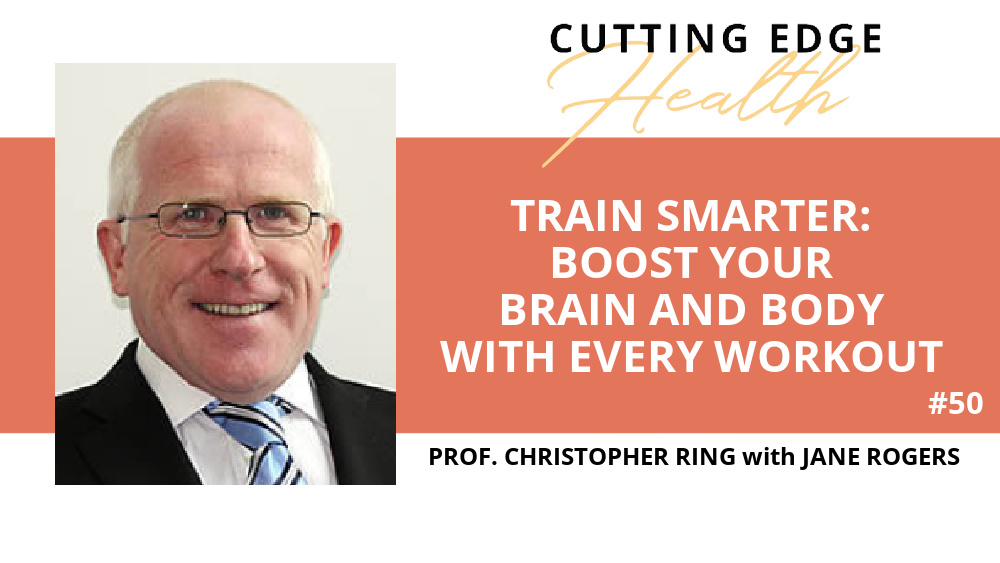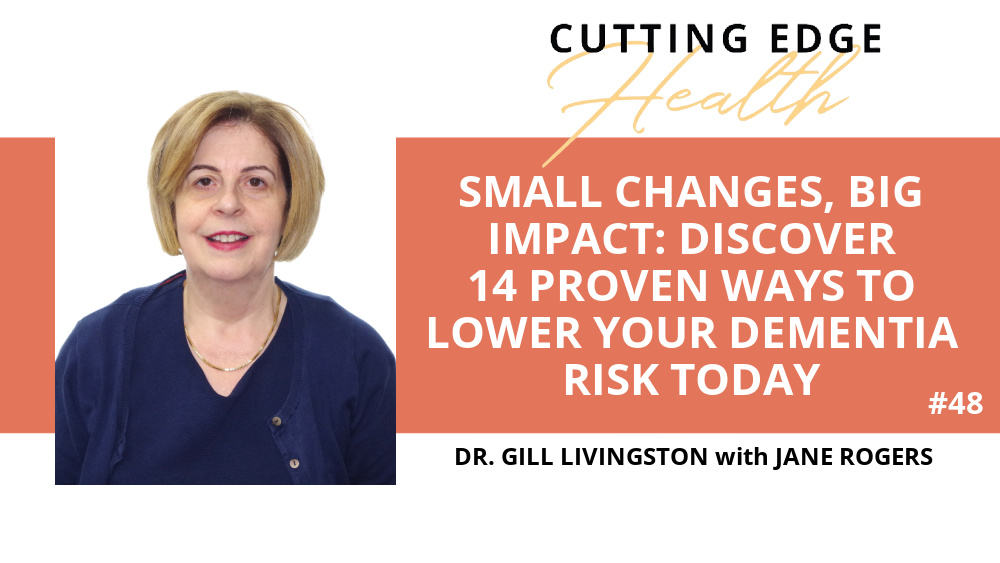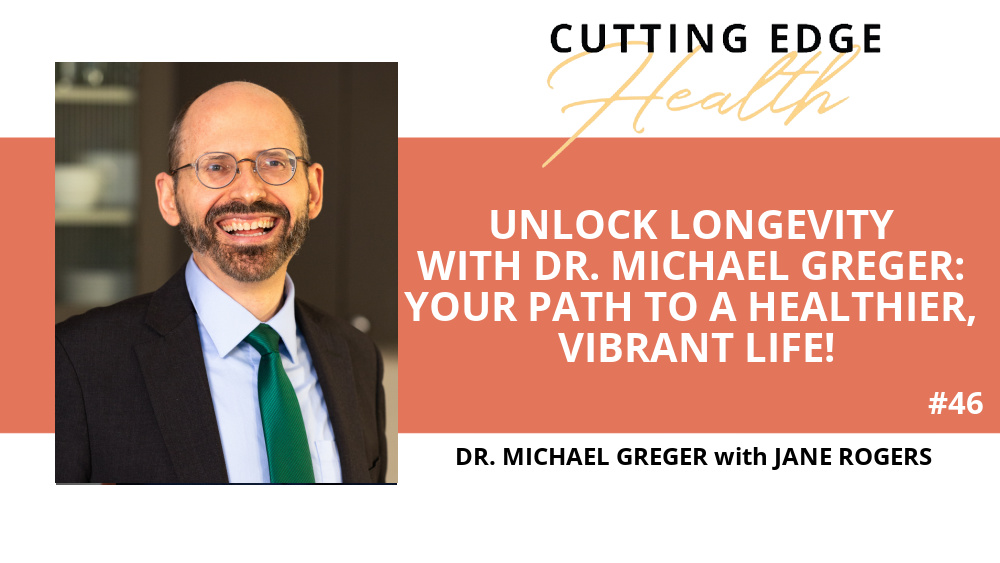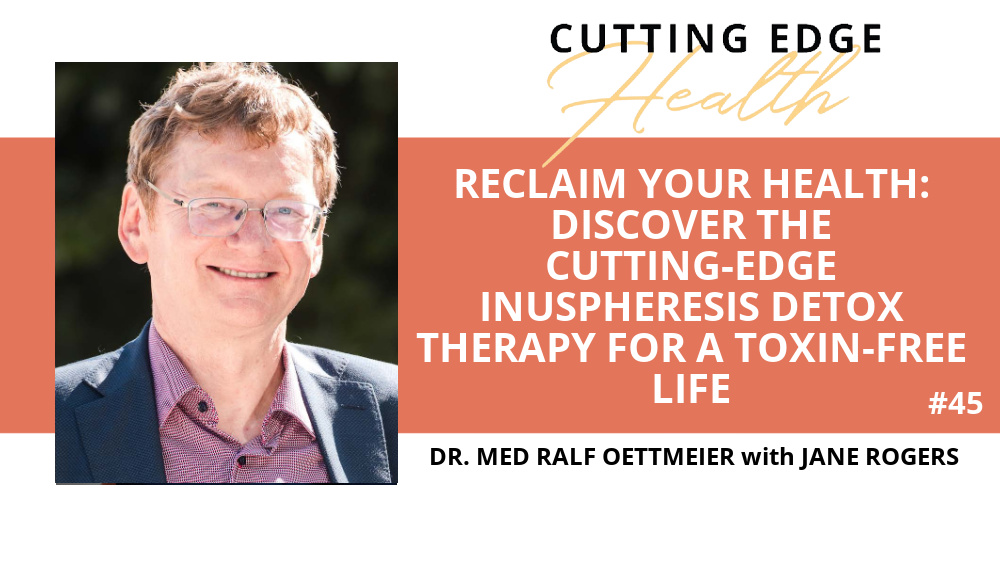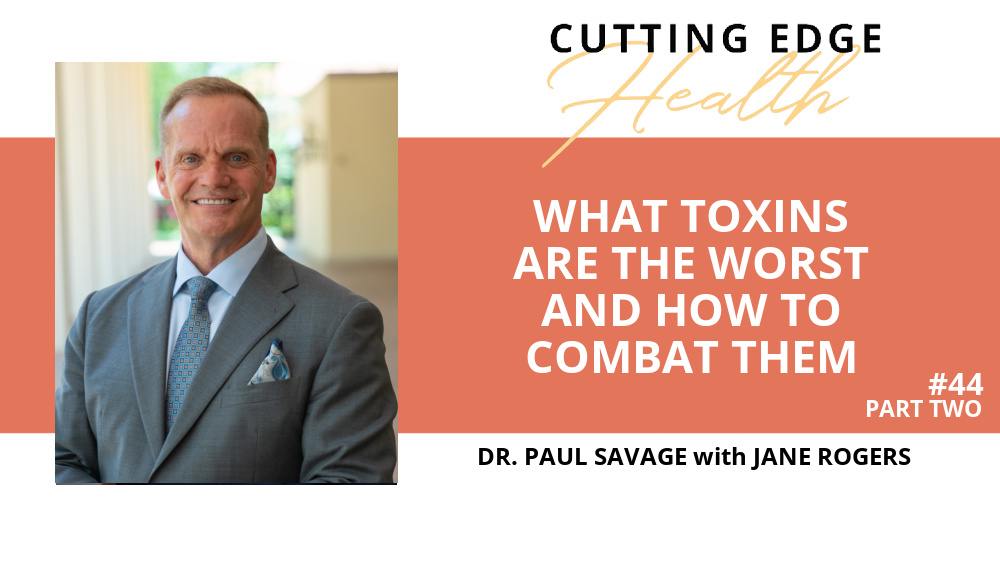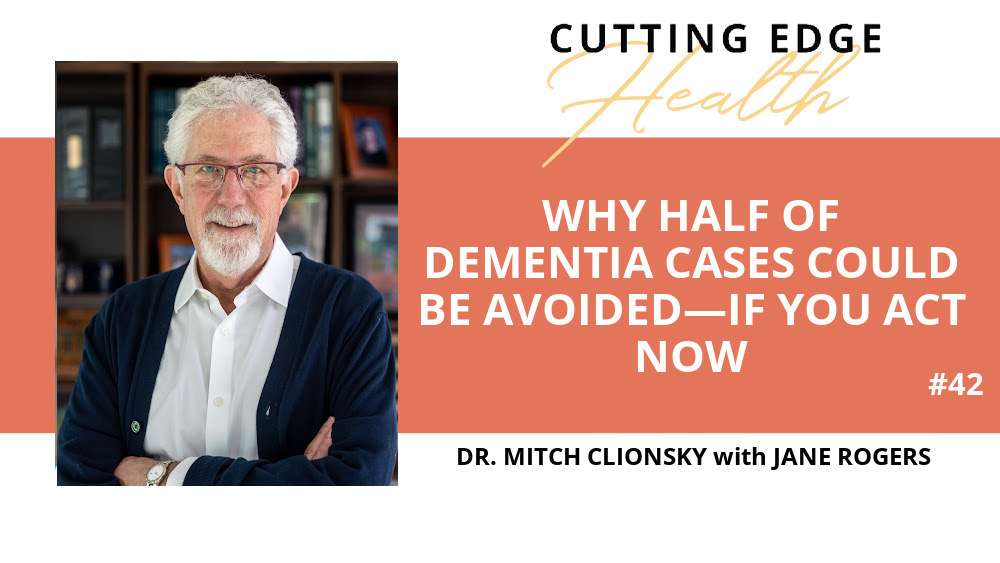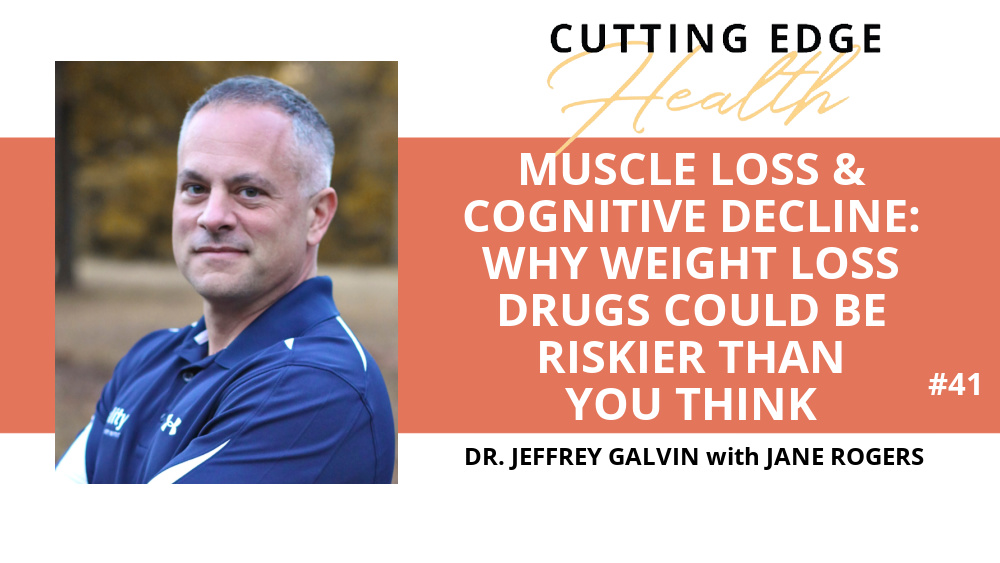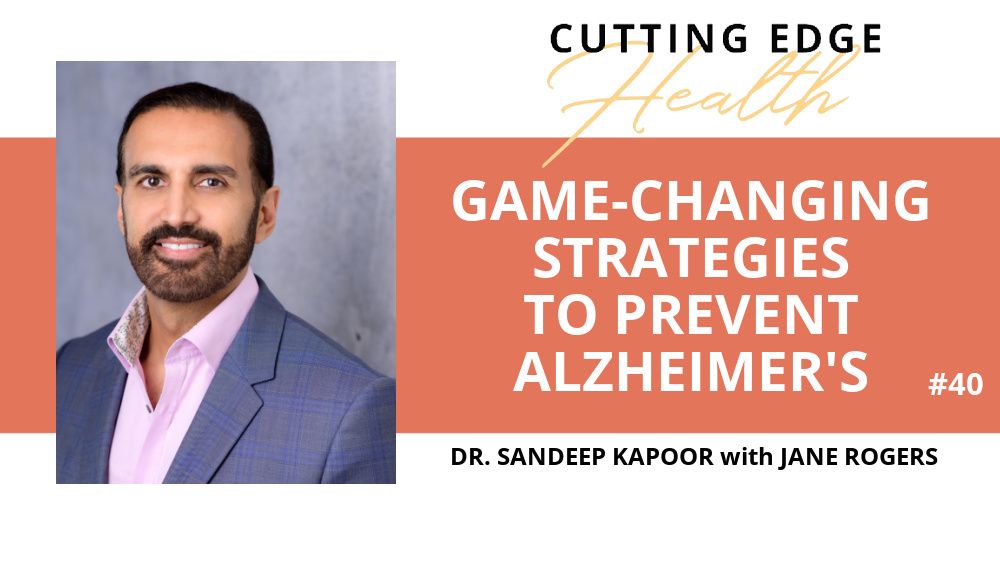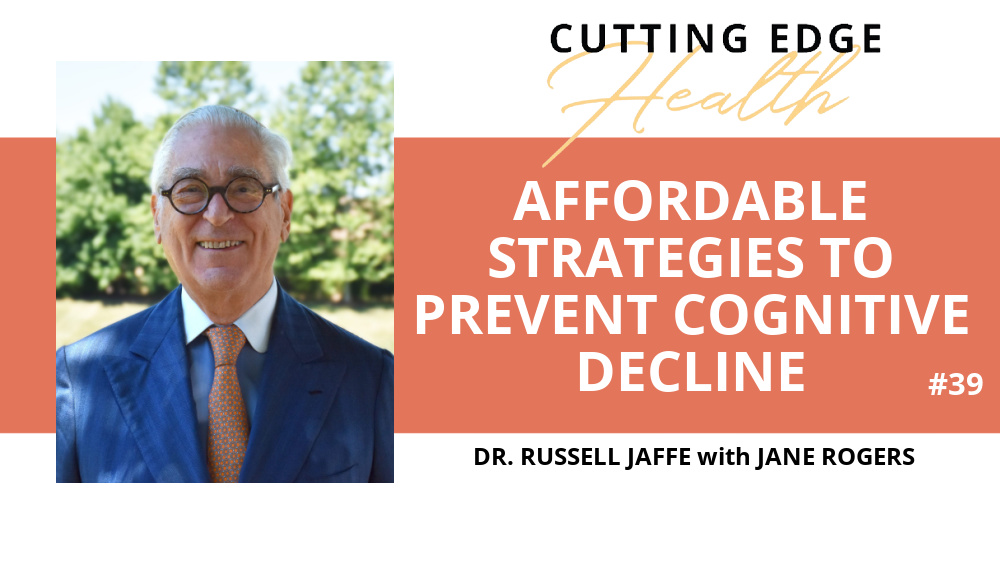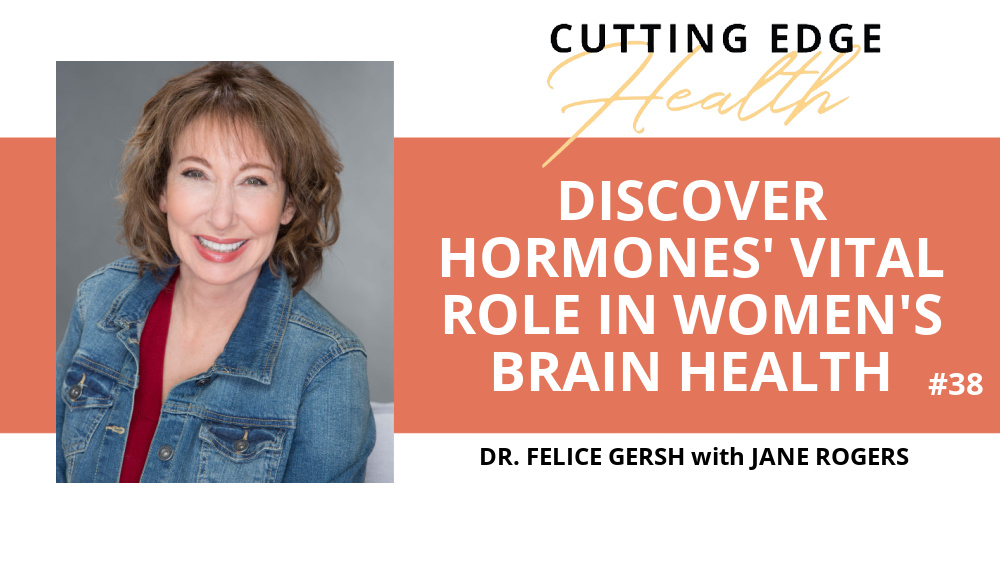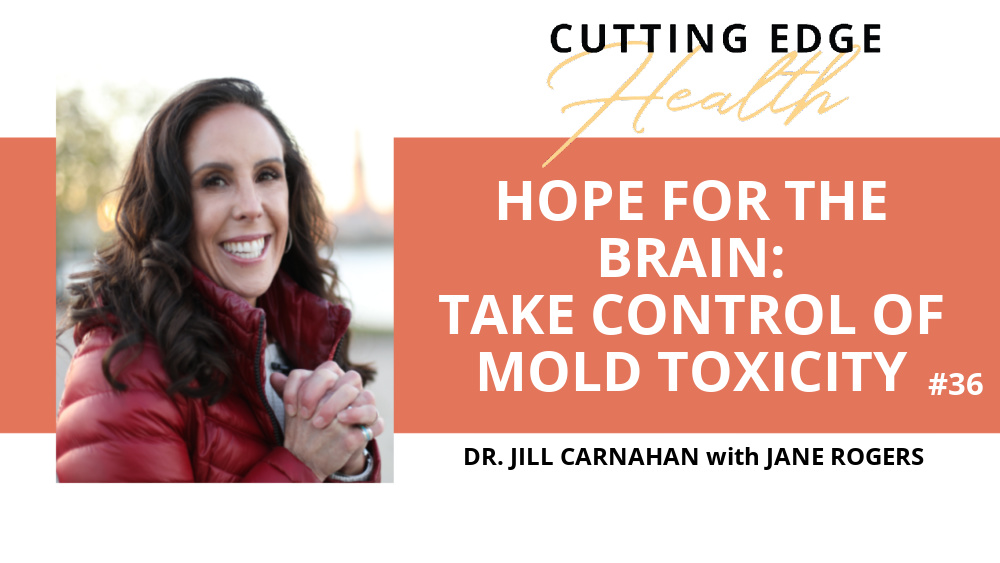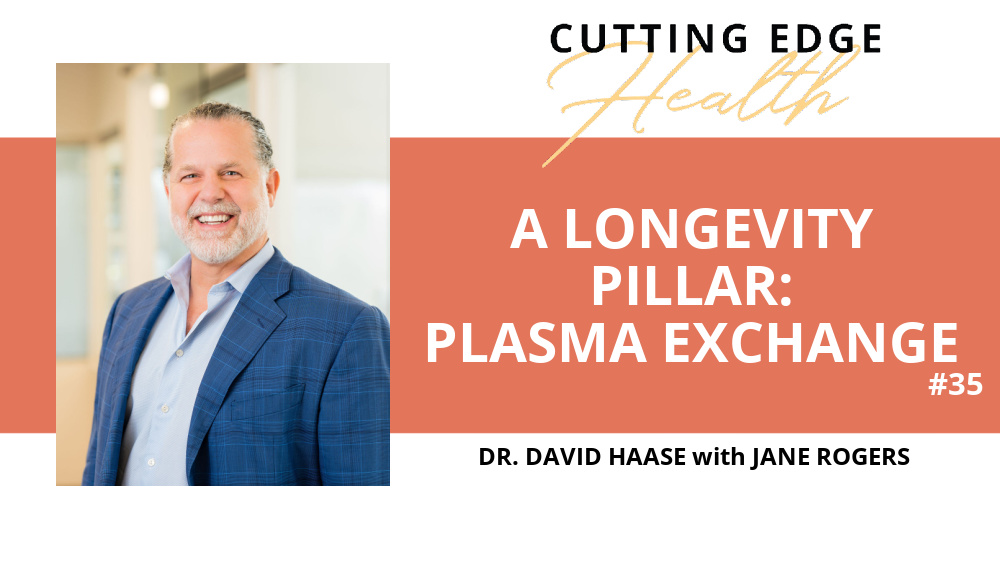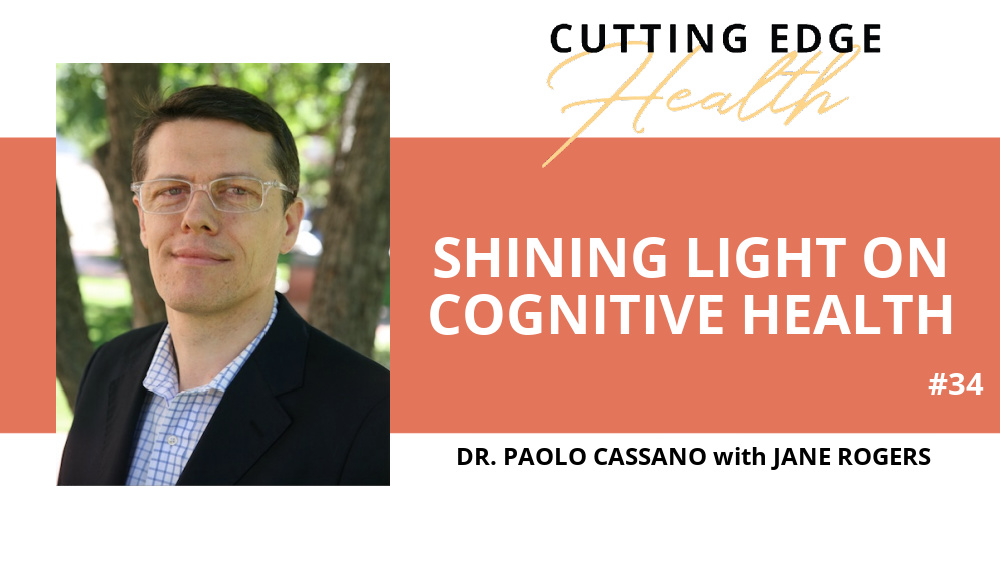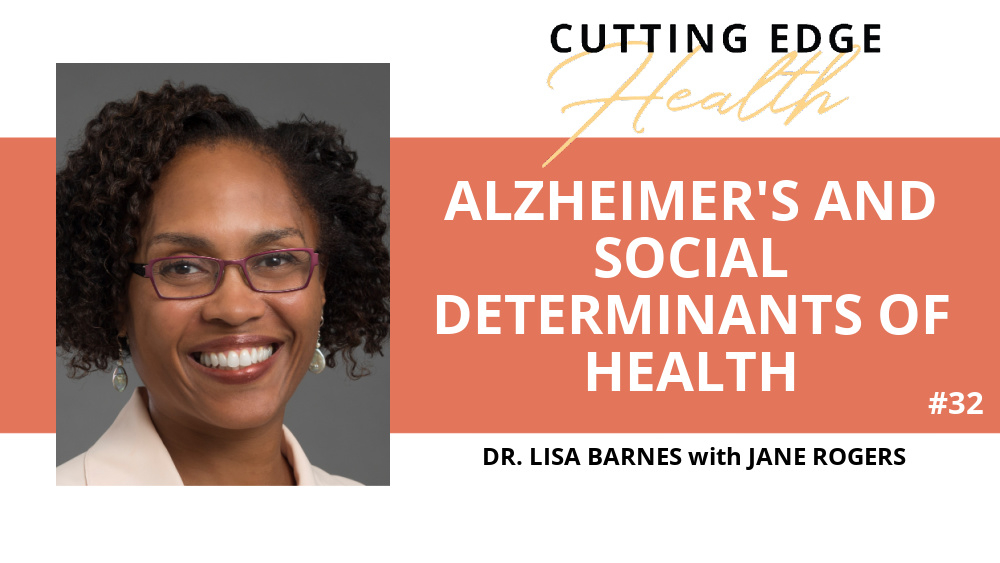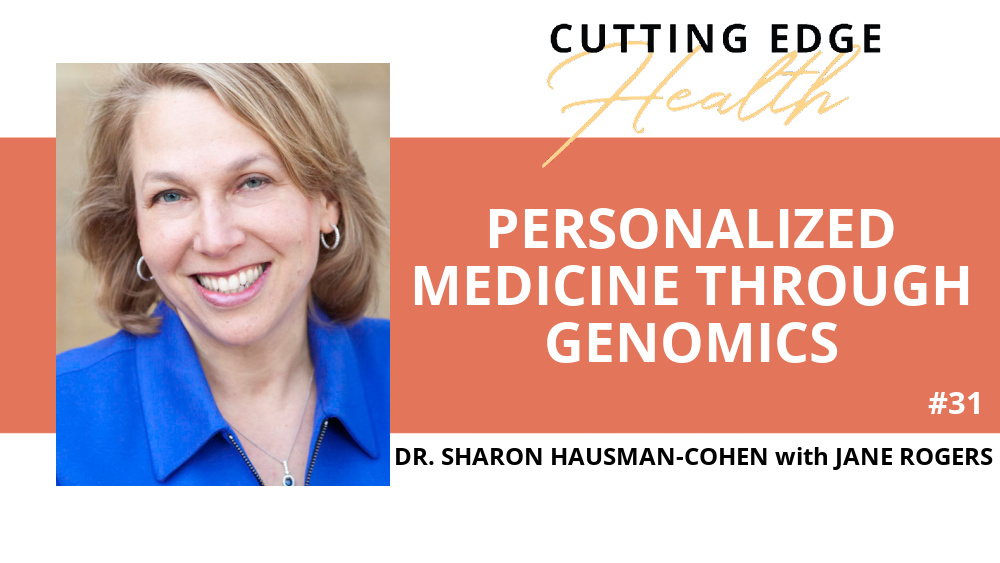EPISODE #28
WHAT'S AGING SEATTLITES?
Dr. Eric Larson
with Jane Rogers
Exercise Might Be the Number-one Magic Bullet to Combat the Loss of Cognitive Function.
If you only have 3 minutes...
Listen to the Audio version of the podcast below. Click the download button (with icon of arrow pointing down) to save a copy to your device and to share with others!
Subscribe to the podcast on the platform of your choice.
What you'll learn in this podcast....
Dr. Eric Larson is a leading expert on aging and dementia and one of the creators of a massive living lab studying the brains of 5000 Seattle residents as they age over decades. The research is called the Adult Changes in Thought (ACT) Study. Dr. Larson is optimistic when it comes to preventing the devastating disease, but not because miracle medicines might be on the horizon. Instead, he believes Alzheimer’s and other types of dementia are directly impacted by the lifestyle choices individuals make. He’s finding people are increasingly paying attention to those lifestyle issues and doing the right thing for their health.
In fact, as an example, he says, the closest thing to a magic pill for reducing the risk of dementia is probably exercise. But that is just one of the 12 modifiable risk factors to prevent the disease. Larson speaks to the dozen modifiable risk factors that were presented in a 2020 report of the Lancet Commission and they include: less education, hypertension, hearing impairment (between the ages 45-65 hearing loss is the biggest modifiable risk factor), smoking, obesity, depression, physical inactivity, diabetes (type 2 leads to a two-fold increased risk of developing AD), low social contact, excessive alcohol consumption, traumatic brain injury, and air pollution.
“There is no inevitability about this condition,” he says of the loss of cognitive functioning. “I was reading the numbers. There’s a 1/3 drop from 2000 to 2016 in the rates of dementia in North America and Europe. We have reached a point where people are better educated, socio and economic indicators have improved. We’re not doing the same stuff our parents were doing as far as health. We realize we need to exercise, and not smoke, and not drink a bunch of alcohol.”
On the other hand, Dr. Larson worries that dementia is increasing in less-advanced, industrializing societies that adopt some of the unhealthier aspects of the Western lifestyle.
Some of the choices that people can make to diminish the risk of Alzheimer’s, besides engaging in physical exercise, are controlling weight and blood pressure; treating or protecting against diabetes; quitting smoking; moderating alcohol consumption; and addressing hearing loss and perhaps even vision impairment.
“A lot of the things that reduce the risk of dementia and Alzheimer’s disease are the things that improve health and well-being in older people,” points out Dr. Larson, who recently retired. But individuals should not wait until they approach old age to adapt to a healthy lifestyle. The earlier they begin, the more likely they are to diminish the chances of losing cognitive function.
About Dr. Eric Larson
Dr. Eric B. Larson was executive director of Kaiser Permanente Washington Health Research Institute (KPWHRI) and vice president for research and healthcare innovation at Kaiser Foundation Health Plan of Washington. A general internist, he was a professor of medicine at the University of Washington in Seattle. He recently retired from full-time work, but continues to be active in the field of geriatrics and works part time at the University of Washington’s Department of Medicine as a professor of medicine.
Dr. Larson began at the University of Washington as a fellow in 1975 after graduating from Harvard Medical School. He served as medical director at the University of Washington Medical Center and was associate dean for clinical affairs from 1989 until 2002. Dr. Larson joined Group Health (now Kaiser Permanente) in 2002 to lead the Center for Health Studies. His research on aging includes a longstanding collaboration between Kaiser Permanente Washington and the University of Washington called the Adult Changes in Thought (ACT) Study. With colleagues from University of Washington and Group Health, he received a demonstration grant from the National Institutes of Health to establish a model Alzheimer’s disease registry in 1986. This morphed into the landmark Adult Changes in Thought study with the establishment of the initial cohort of 2581 randomly selected volunteers who joined the study 1994-96. The cohort has doubled since then and is one of the longest continuous studies on aging and dementia in the world.
- Never miss an episode! Subscribe and follow on your favorite distribution channel.
- Feedback and questions to hello@cuttingedgehealth.com
- Our team would be honored and grateful, if you could leave a 5-star rating on Apple Podcasts.






